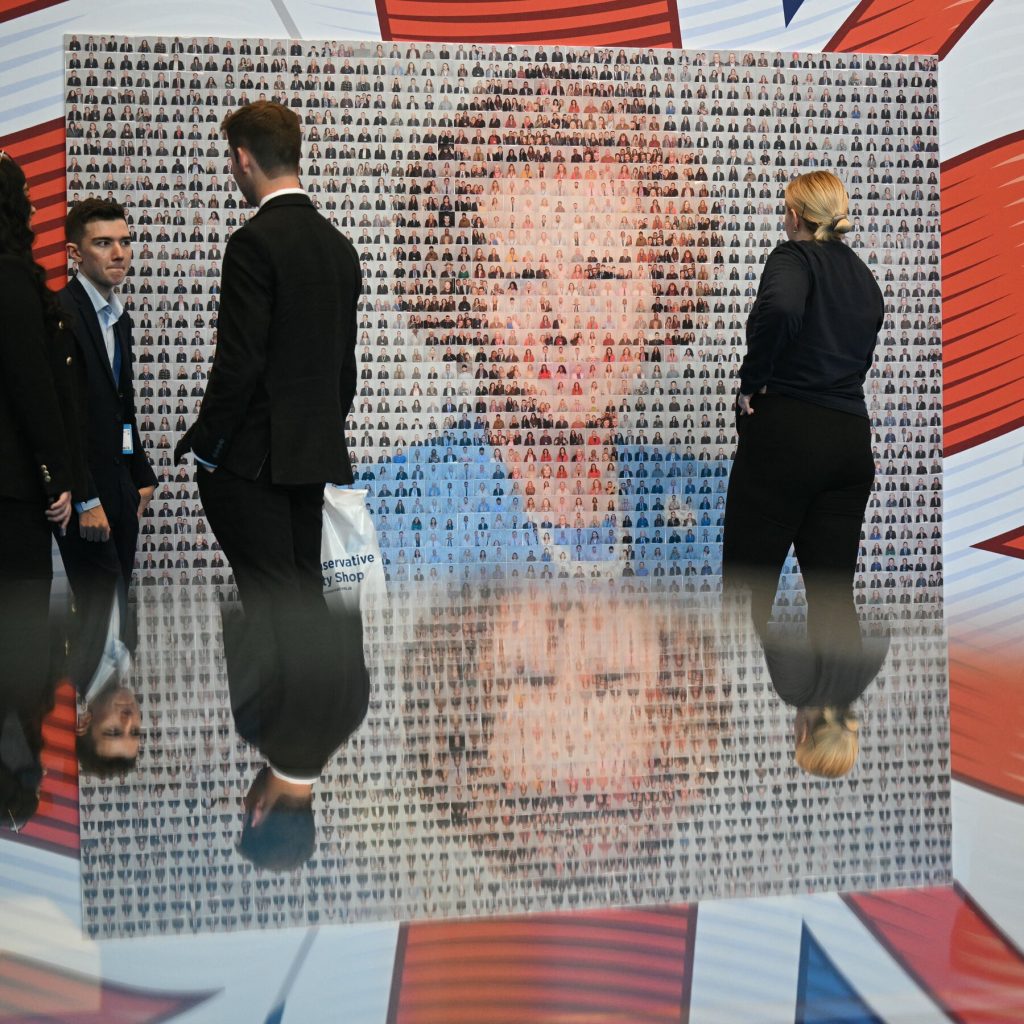Glass Skin and Snail Mucin: South Korea’s Journey to Global Beauty Power
Amorepacific’s bold move into the U.S. market
Riding the wave of worldwide fascination with Korean pop culture, Amorepacific—the country’s leading cosmetics conglomerate—is accelerating its expansion across the United States. The company has launched flagship stores in major cities, partnered with local retailers, and introduced localized product lines to cater to American skin‑care routines.
Why “glass skin” and snail mucin dominate the conversation
The terms “glass skin” and snail mucin have become buzzwords in beauty forums, TikTok feeds, and celebrity makeup bags. Glass skin describes a luminous, ultra‑hydrated complexion that appears almost translucent, while snail mucin is praised for its reparative peptides, hyaluronic acid, and antioxidant properties. Both concepts embody the Korean emphasis on preventative care and long‑term skin health.
Competitors scramble to keep pace
Amorepacific’s aggressive U.S. rollout has not gone unnoticed. Rivals such as LG Household & Health Care, Innisfree, and emerging indie brands are intensifying their own overseas strategies, launching e‑commerce platforms, and securing shelf space in high‑traffic department stores. The competition is driving rapid product innovation, with many brands now offering their own versions of snail‑infused serums and “glass‑skin” primers.
Consumer response and market impact
American shoppers are responding enthusiastically. Sales data from the first quarter of 2025 show a 27% increase in K‑beauty product purchases compared to the same period last year. Social‑media metrics reveal that hashtags like #glassskin and #snailmucin have collectively amassed over 12 million posts, underscoring the cultural penetration of these trends.
Looking ahead
As Korean brands continue to refine formulas, incorporate sustainable packaging, and adapt to local preferences, the global beauty landscape is set to evolve further. Whether through cutting‑edge biotechnology or time‑tested ingredients like snail mucin, South Korea’s influence on skincare appears poised to remain a defining force for years to come.




